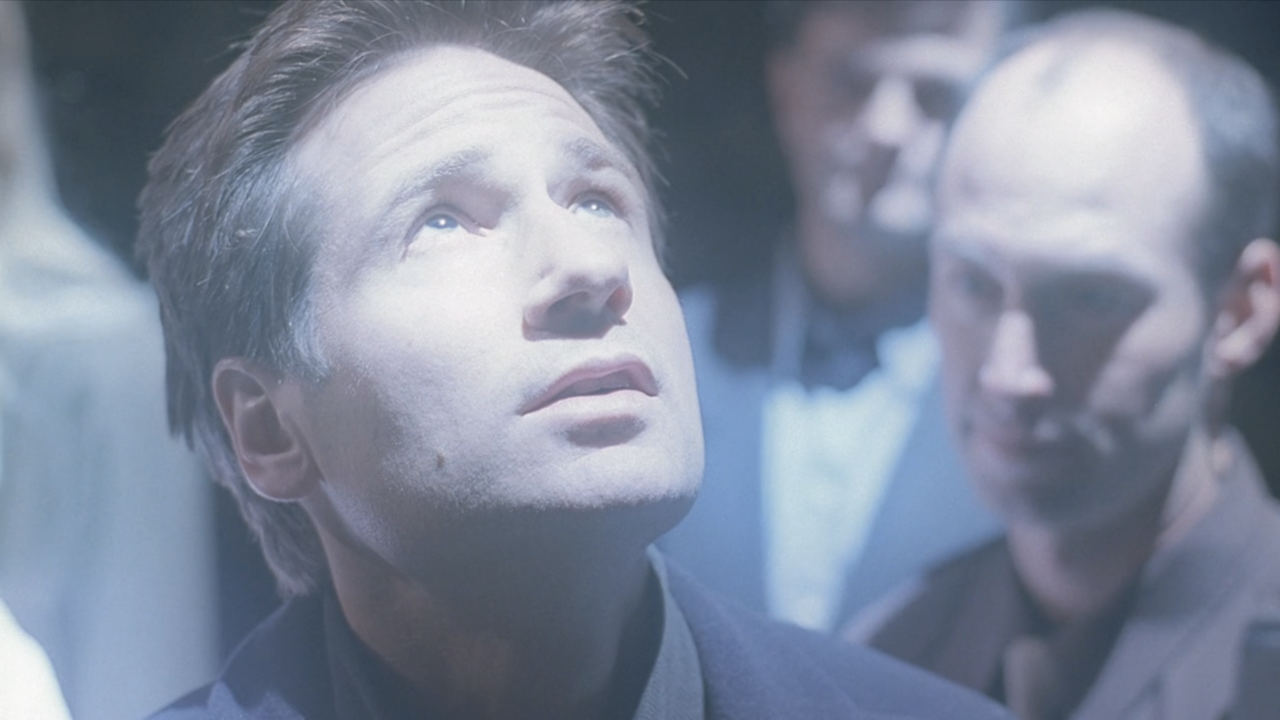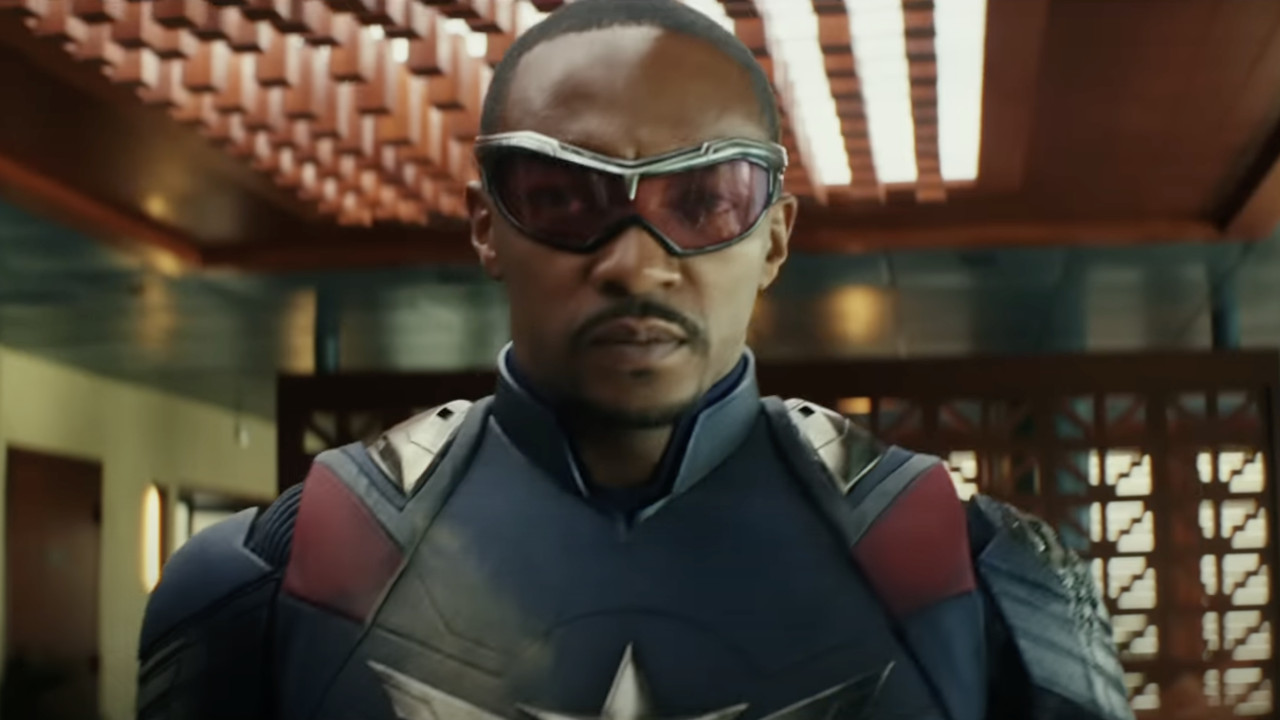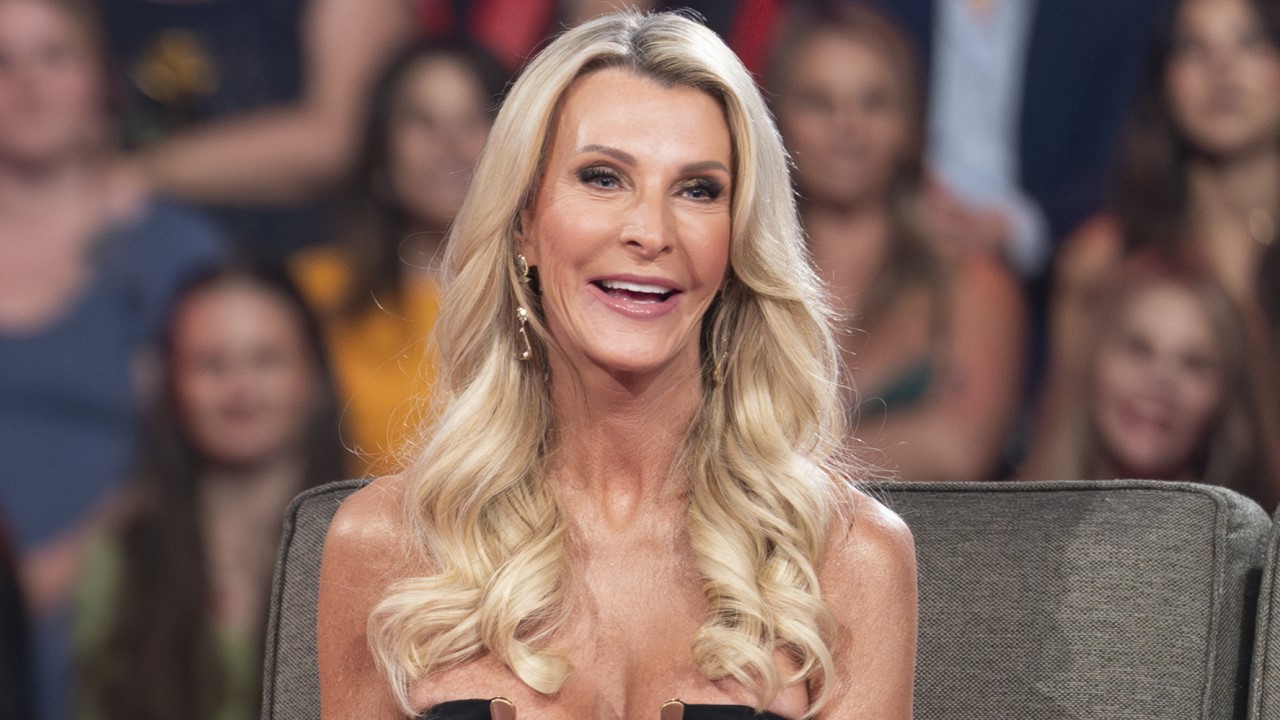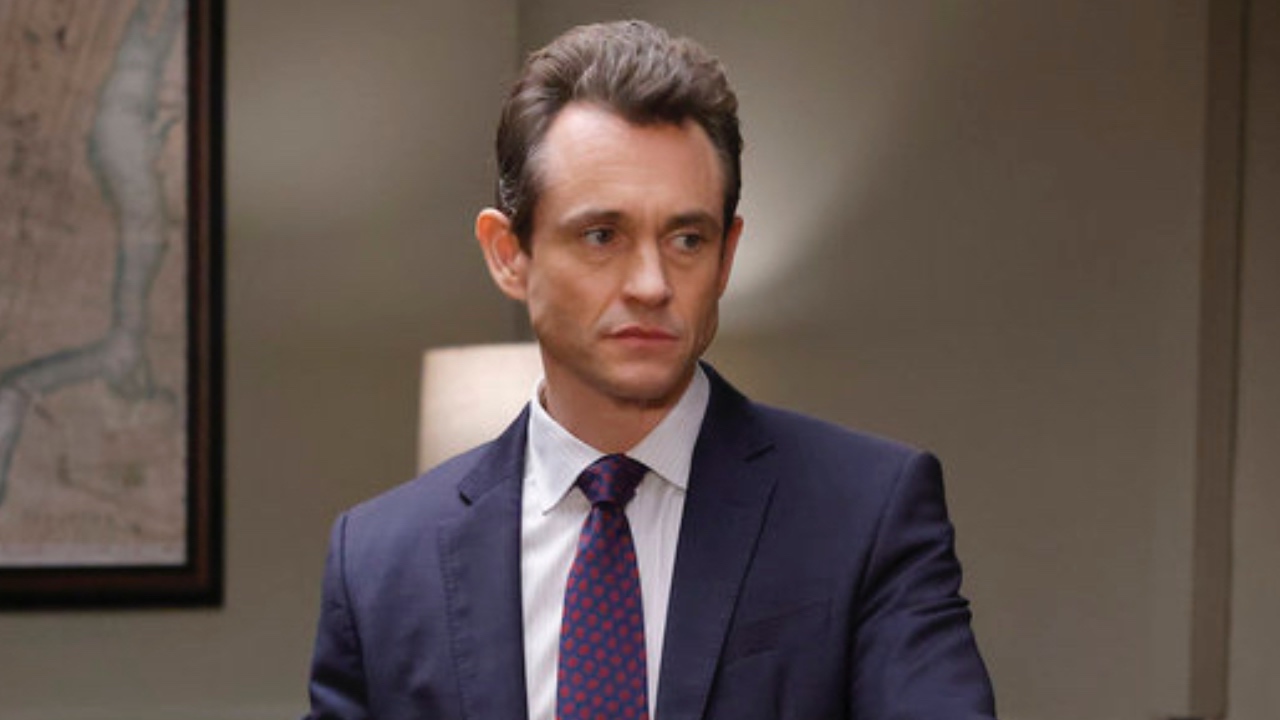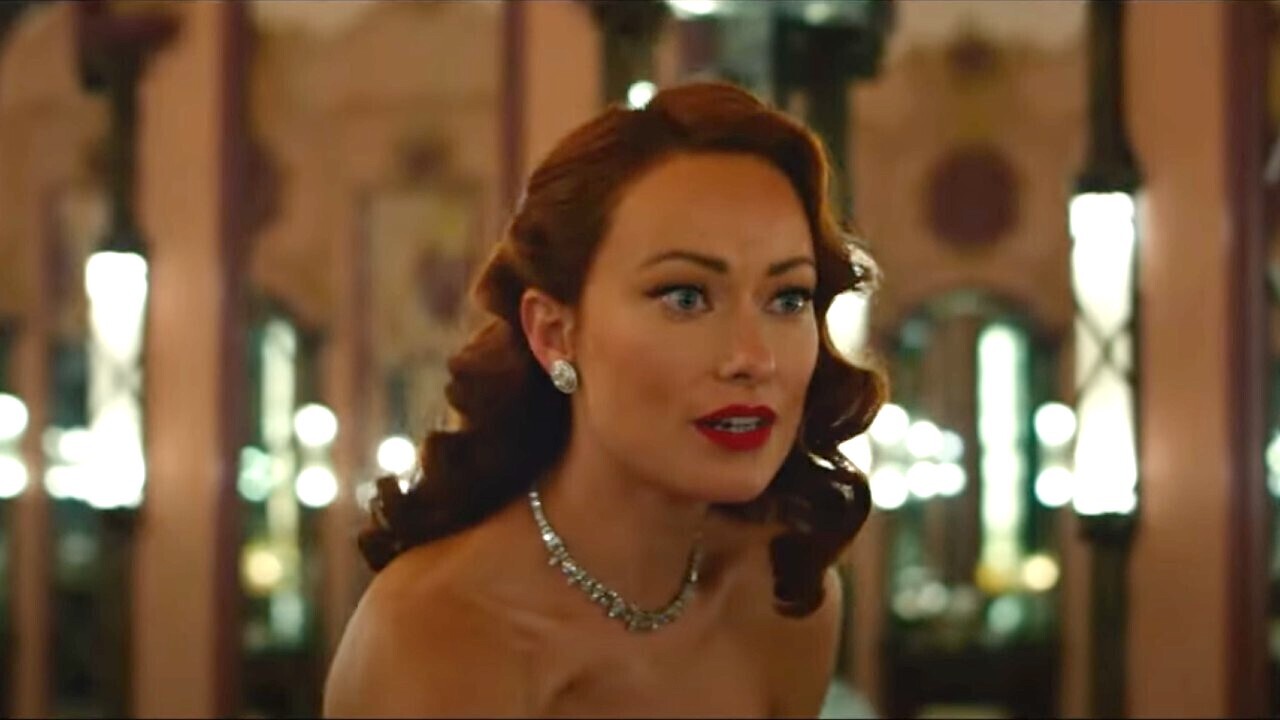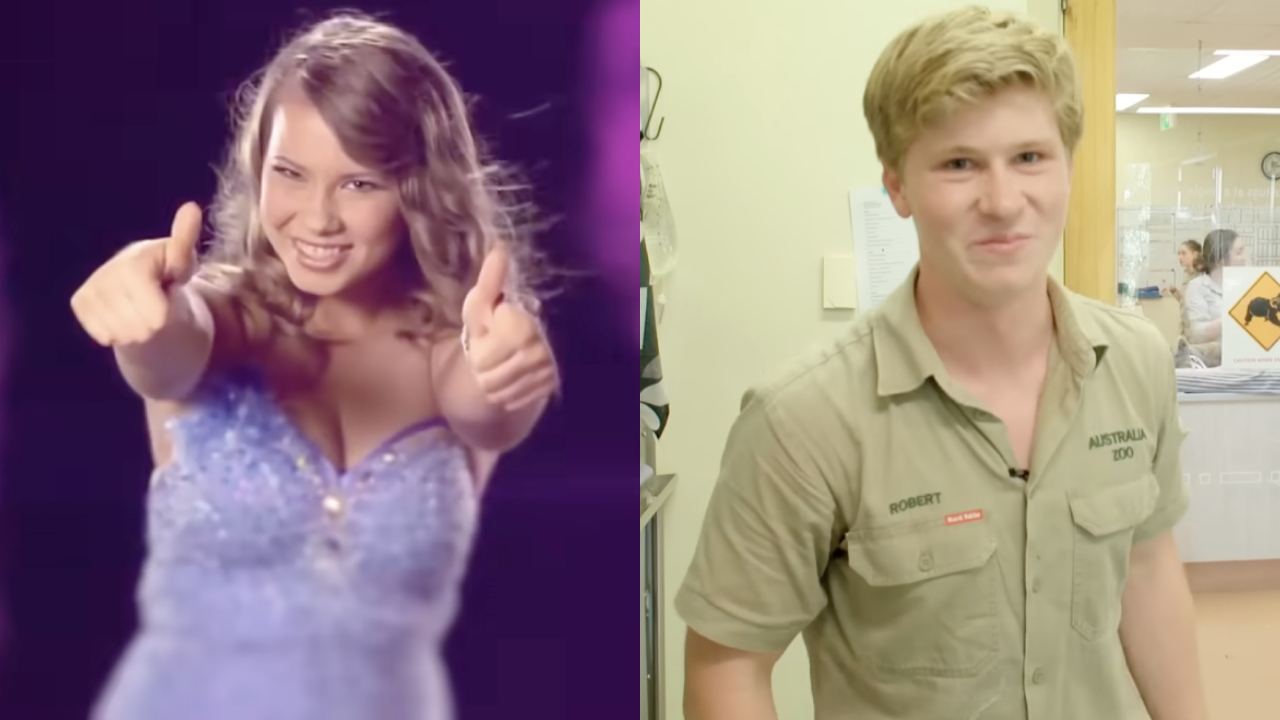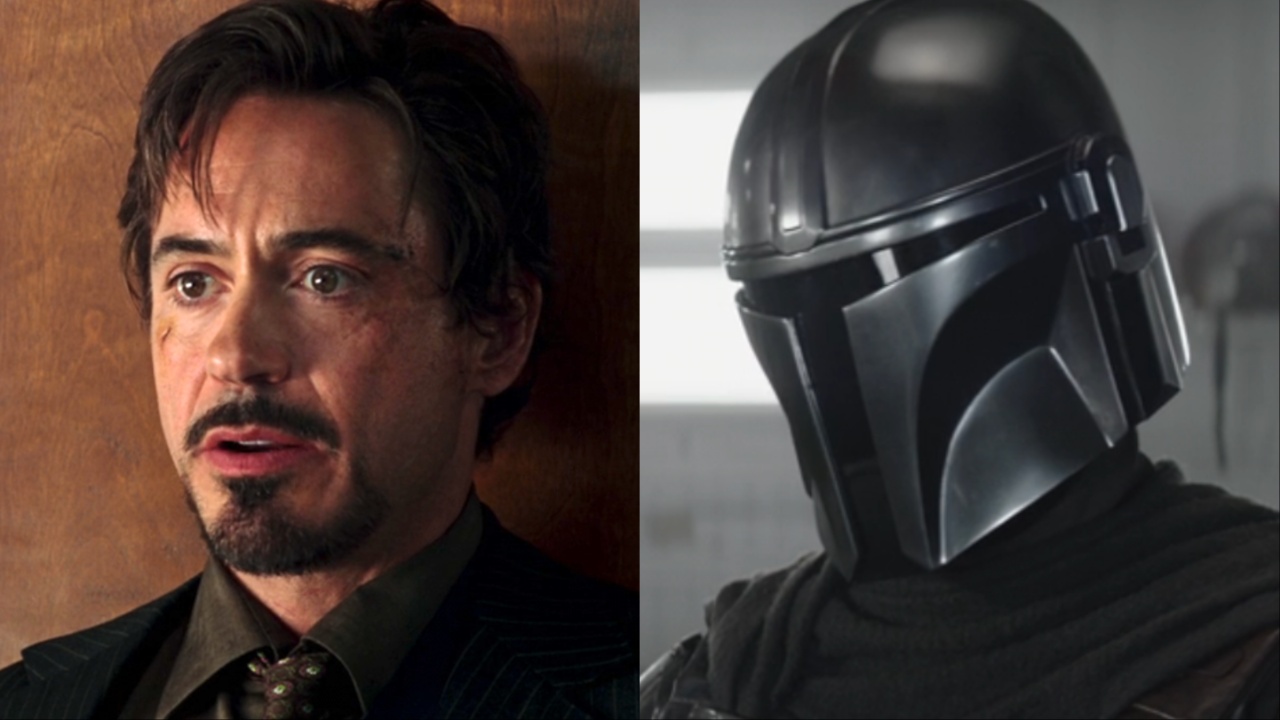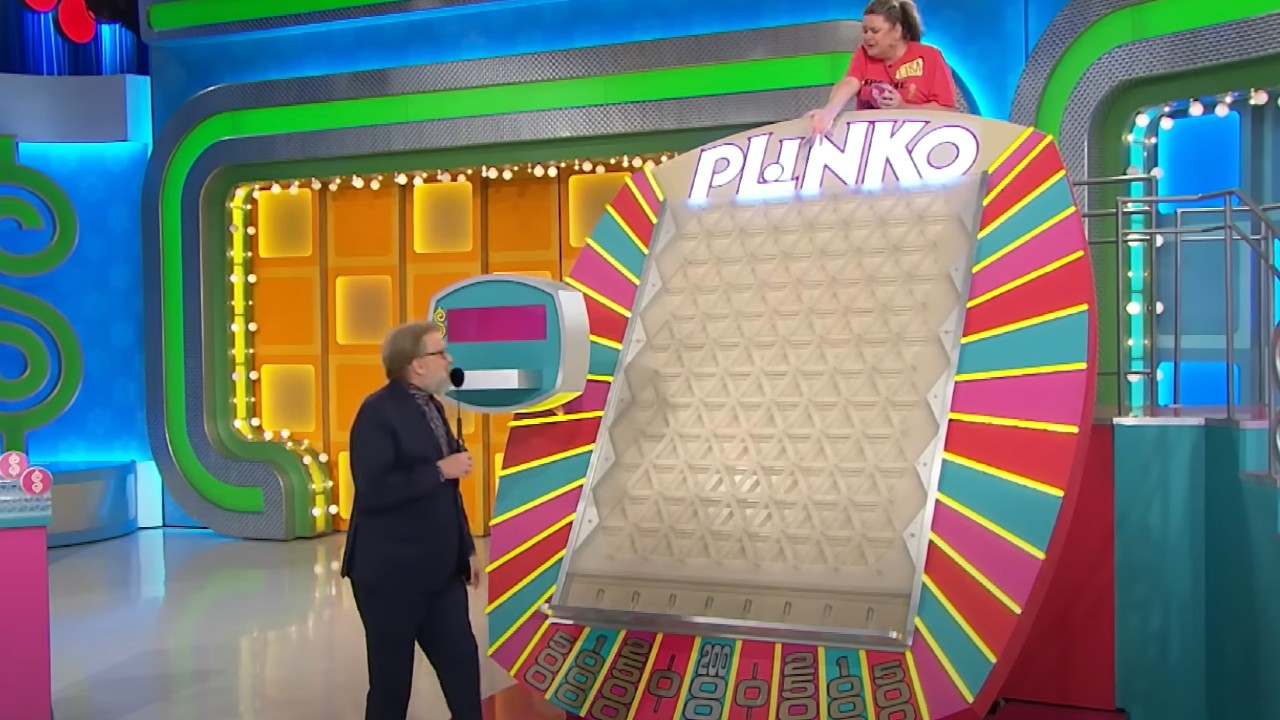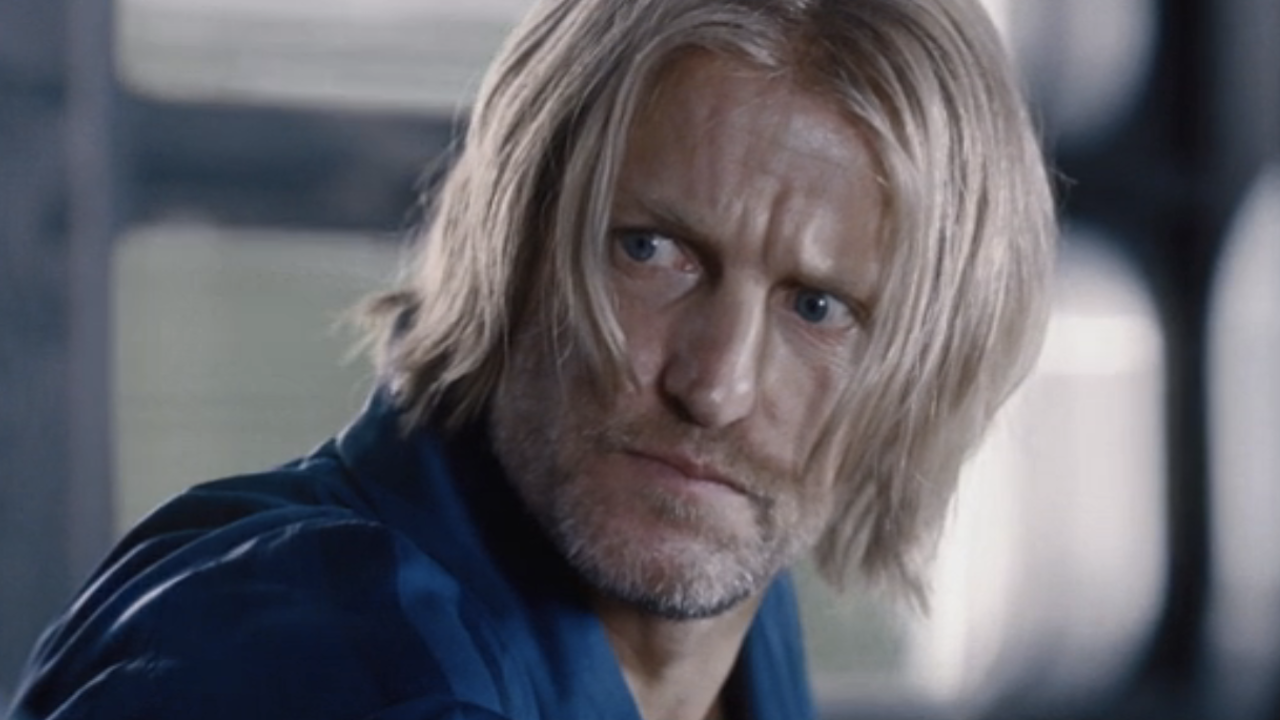Exclusive Interview: Cars 2 Composer Michael Giacchino
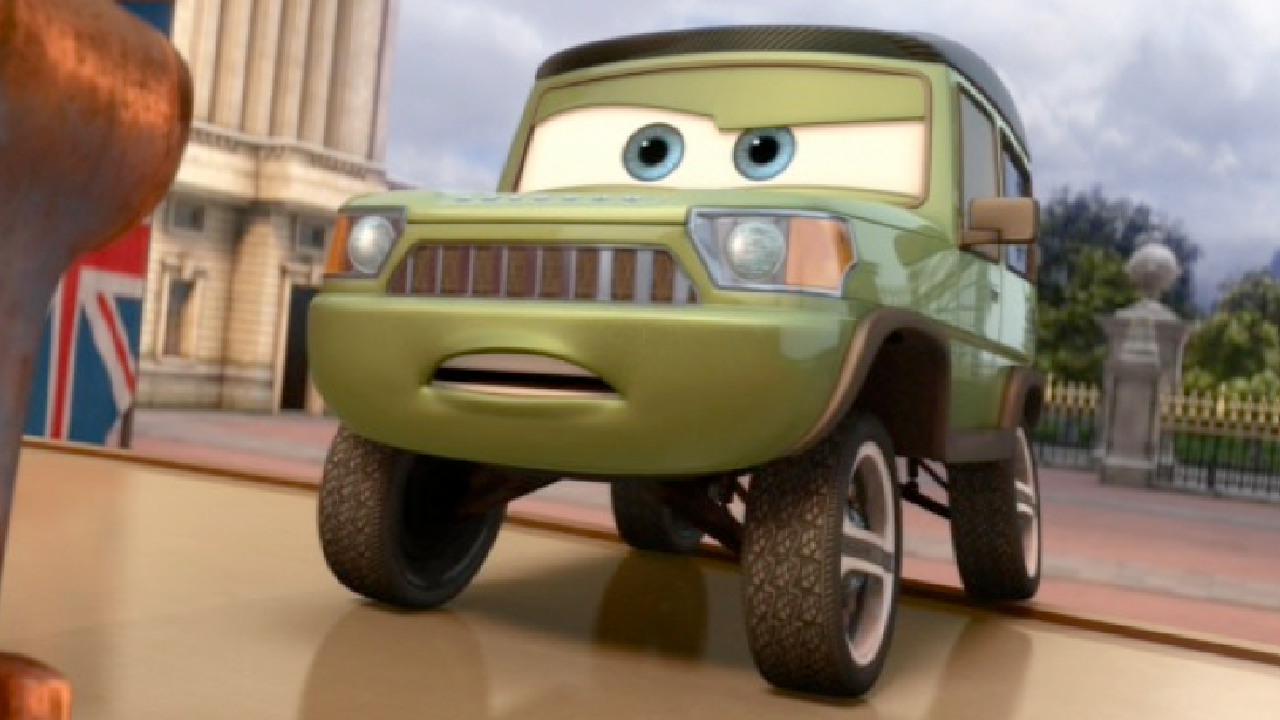
For the past two years here at Cinema Blend, I’ve closed out each December with a list of my favorite music moments. I wrote the articles because I absolutely love film scores and soundtracks. If you were to go out to my car right now and sort through the CD player you’d find nothing but music from The Social Network, Black Swan, Reservoir Dogs, Fear and Loathing in Las Vegas and Dazed and Confused (for brevity’s sake I’m not going to list the soundtracks in my CD wallet). I truly believe that a perfect score can elevate a good movie into a great movie. Unfortunately I don’t often get the opportunity to speak with composers, but when I was offered a chance to speak with Michael Giacchino one-on-one, I leaped at the offer.
An Oscar winner for his work on the score for Up, Giacchino’s next film is Cars 2 and I was lucky enough to speak with him at the Pixar Compound in Emeryville, CA. Check out the interview below in which the composer talks about his approach to the sequel, working with director John Lassetter, and the possibility of joining the elite ranks of EGOT winners.
From your perspective, what do you think is the key to a great score?
I think a great score is something you can listen to and relive that film. For me, I don’t know if you were there when I was mentioning, but as a kid that was the only way I could relive one. You couldn’t watch it on DVD at home, you couldn’t see it on TV, or if it was on TV it was just by chance that you might catch an old movie or something. But there was no way, like today, if my son went, “I want to watch Star Wars again,” he just goes and watches Star Wars. You couldn’t do it. So I had to, I used this film score to relive the entire experience. And I would imagine it in my head, and I think that a good film score allows you to do that. It allows you to relive that film, and it stands on its own as a piece of music that you could listen to and enjoy, but also it allows you to kind of evoke what the film story was telling you. So if you listen to it all in order, it would make sense. It would have a logical beginning, middle, and end just like the film hopefully does.
Just to talk about Cars 2 more specifically, is it easier in a way to do a sequel, or because this film is so much different in tone, are you going at it in a completely original way?
It feels just like a new movie to me, and that’s what I liked about it. When I first came on I thought, Oh, it’s a chance to really do something, your hands aren’t tied to anything, you can just go wherever you want with it. It’s a lot of fun, because they did a totally different story, even though at its heart these characters are the same people but they’re in a very different place. Even the film, it opens up with a car that you’ve never even seen before, which is pretty great. I love that, and for the first seven minutes of the film you’re like, wait, what am I watching? What is this?
It’s almost a spin-off.
CINEMABLEND NEWSLETTER
Your Daily Blend of Entertainment News
Yeah, exactly, exactly. So I loved that aspect, and the whole opening of the film reminded me of those great TV show openings of the seventies where you’d have, or late sixties, you know, the Hawaii 5-0, you’d have these great openings and shots of action and this and that, it just promised everything that you were gonna get by the end of that hour of television. I felt like watching the opening of this film, it transported me back to that time, and I felt like, oh my god it feels like I’m just being, you’re getting promised what you’re gonna get for the next two hours, this is what we’re giving you. It’s like this very exciting feeling and when I saw that, one of the things I thought of was that surf guitar, coming back to that idea, it was one of those things I listened to as a kid, I loved that kind of music, and whenever I listened to it, I would like to ride my bike around the neighborhood listening to that kind of music and what I would do, it always made me feel like I was at the center of something important and big and dangerous, you know? So when I first saw this opening, my mind went right to that moment when I would ride the bike around the neighborhood and pretend I was in some sort of story, or I’d make up something in my head as I was listening to it. I thought maybe that could work for this, maybe that could be. And I showed John my idea and he was like, “Yes, that’s going to be great!” Because we didn’t want to do something that felt like just another action film. We certainly didn’t want to retread what we did on The Incredibles, that belongs to that, and we wanted to do something that belongs to this. That was the idea, and fortunately he liked it, so I’ve been having fun with it the whole time.
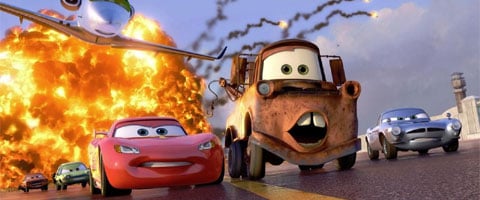
You’ve described the sound as kind of British.
British surf rock.
And I’m curious, where does the British aspect come in?
Because I always think of like, Britain in the 60s was kind of a swinging place, and it was just weird timing in London when the old guard kind of, the very conservative, was being butted up against. Not unlike what was happening in America but it was more, I think, apparent in London where it was very stiff, and then very just kind of fluid. They were both going up against each other. And I think that when that music out of that time, coming out of London, was influencing America in a huge way. There was this great exchange between, you know the Beatles of course did unbelievable work. And it was funny because they would listen to stuff coming out of America, “Oh we can do better than that.” And then the guys in America would listen to music coming out of there, out of London, and go, “We can do better than that.” That’s how the Beach Boys, “Pet Sounds,” these albums were all built out of these rivalries, you know, “I can do better than that,” “Oh my god, I can’t believe they beat us, they one-upped us.” So I think London had a big thing to do with music in that era and that’s kind of where I just went. And also the main character, Finn McMissile, I always pictured him as like a London, a spy in London in its height of the swinging sixties, and so that’s where it all just kinda... Then I told John that British surf rock, he was like, “Wait, what? What’s that?” I said, “I know, it doesn’t really make sense, but for some reason that’s the only term I can use to describe it and here’s why.” So I had to go into a long explanation like, oh, ok, yes, yes.
To talk about some of your other projects, one thing I’m really looking forward to is Super 8 [Editor’s Note: This interview took place in late May]. I hate to put the pressure on you, but I’m really anticipating this kind of huge score. On the trailer it seems so early Spielbergian, I’m wondering, are you approaching it with Williams in mind?
Not so much. I’m approaching it with the film in mind and the story and trying to do what’s there. The film certainly evokes the feelings of those great Amblin films of the 80s and you really, and so I’m sure there will be a shadow of that in what I do for sure, but for me, I’m just really nervous about making sure I do what’s right for the film and the storytelling you know, and then after that, sitting back and, “Okay, what do I do now?” It’s about getting the themes right too. Because you know, working on a film that’s produced by Steven Spielberg, that’s a crazy, that’s like, “What? I’m doing what?” It’s all I ever wanted growing up, you know, and to be there in the room with him and talking with him about the theme and the music you’re like, “Really? Is this happening?” It’s crazy. Because we’re, J.J. included, we’re all as much a fan and student of him as anyone else.
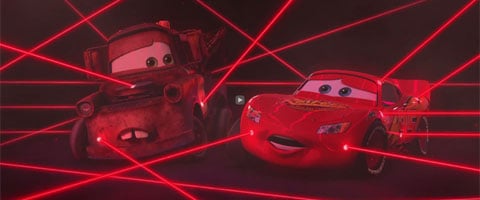
I just want to compare and contrast, is there a difference between building a score for an animated film versus a live action one?
No, the main difference is, I treated both exactly the same because Mater is a real character to me, he’s like a real person, I treat him as real as I would treat Ethan Hunt or Captain Kirk or even the people like, the characters in Family Stone. You want to treat them each with dignity and respect and not make fun of them. So just because it’s an animated thing doesn’t give you license to make more fun of them, you know? And I think they’re more serious you take them, the better the story is. That’s Pixar’s approach as well, even just building a story, treat them with respect and these are real characters, you know? They’re not making fun of them, they’re just sharing them with you. Which I like that. But the one thing that is different, live action film can change on a dime. Editing all the time, changing this and that, oh we’ve lost this. So you’re constantly like wow, okay, now I have to redo this part of the score. Whereas this, once you kind of, once the time that I come on board, it’s pretty much set to what it’s gonna be, and I can rely on that. Whereas you can’t rely on that in live action.
Kind of bridging that idea, you have a tendency to work with a lot of the same directors, Brad Bird, J.J. Abrams. What was your experience like working with John Lasseter on this film?
Oh it was fantastic. It was my first time working with him as a director. I had worked with him on all those films that he’s produced and he was always around to make comments or whatever, but never as a director. I found that we just had a lot of fun. You could tell how much he absolutely loves these characters, they mean so much to him. It’s really the only reason he’s doing it is because he loves these characters and he has an idea that he thought would be really fun to share. And I like that aspect of creating something because there’s a reason to share it with people. Because you feel, you get excited about an idea and you want to share it with somebody, as opposed to saying, “Well, we have a date here, and we can out a film out here, and we can make a lot of money doing this.” That doesn’t really appeal to me. What I love about the stuff that comes out of here is it’s always generated from an idea. It’s like when I was a kid, we would always be like, “Wouldn’t it be cool if...Wouldn’t it be cool if we could make that trashcan into a robot. I bet we could! I bet we could do it. We’ve got this old toaster, we can pull out the...” We literally used to try and do that. It never worked but we would try to do that and I feel like that’s the same feeling I get to relive here because you have John going, “Wouldn’t it be so cool if Mater got caught up in the middle of this whole different world that he’s thrown into, wouldn’t that be great?” And you go, “Yeah, that would be awesome.” “Alright let’s do it.” Then you start doing it and it becomes this. So the reason is always about, what are you excited about, what do you get excited about? I think that’s the greatest thing about it.
Before I go, you’re so close to the EGOT. I really think you need to write a musical.
I know, I’ve been told that [laughs]. My family has been telling me that. Now you know, when are you writing the musical? And I’m a huge musical fan actually, I love musicals. So I wouldn’t count it out someday, it would just need to be the right thing.

Eric Eisenberg is the Assistant Managing Editor at CinemaBlend. After graduating Boston University and earning a bachelor’s degree in journalism, he took a part-time job as a staff writer for CinemaBlend, and after six months was offered the opportunity to move to Los Angeles and take on a newly created West Coast Editor position. Over a decade later, he's continuing to advance his interests and expertise. In addition to conducting filmmaker interviews and contributing to the news and feature content of the site, Eric also oversees the Movie Reviews section, writes the the weekend box office report (published Sundays), and is the site's resident Stephen King expert. He has two King-related columns.
